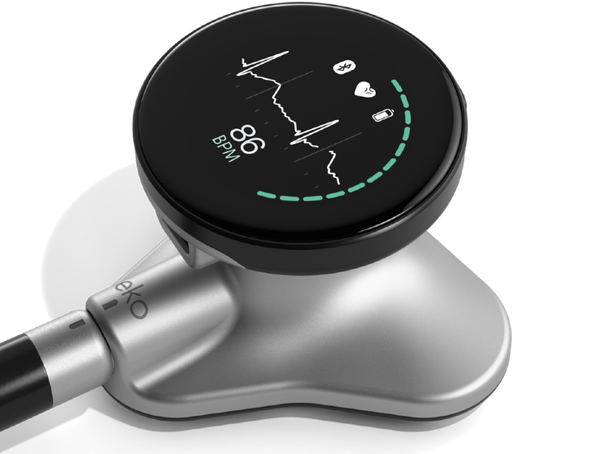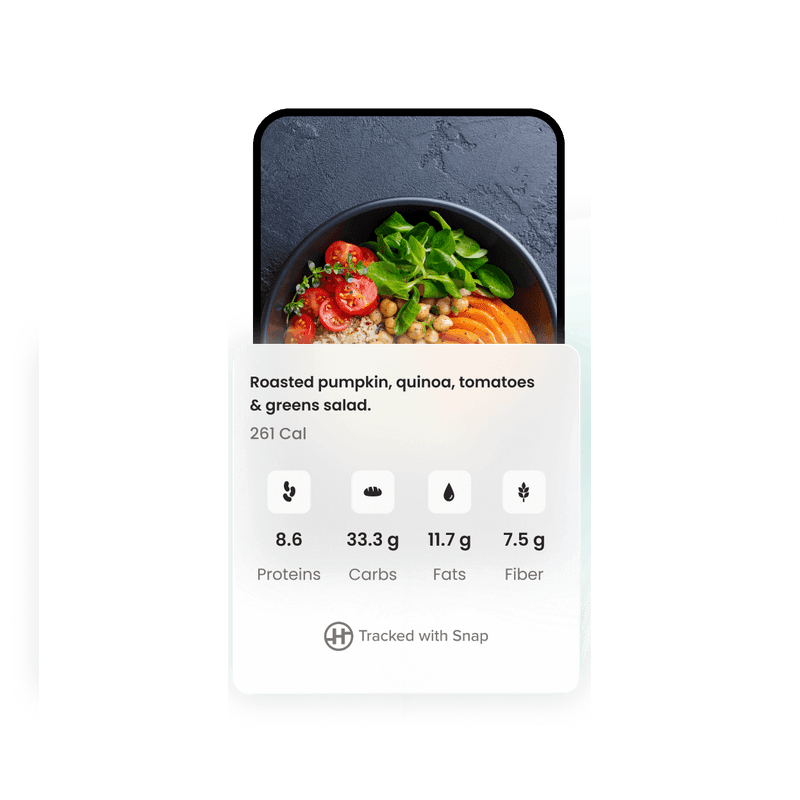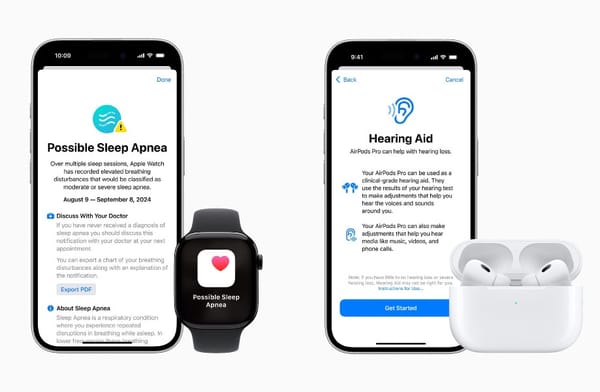The ZOE microbiome test has been making waves in the health and wellness community, promising personalized nutrition insights based on gut bacteria analysis. But is this viral at-home kit truly worth the investment? Let's dive deep into what ZOE offers, how it works, and what experts have to say about its effectiveness.
What is the ZOE Microbiome Test?
The ZOE microbiome test is an at-home kit designed to analyze your gut bacteria and provide personalized nutrition advice. Developed by a team of scientists and researchers, ZOE aims to help individuals understand how their bodies respond to different foods and make informed dietary choices[1][2].
Key features of the ZOE test include:
- Gut microbiome analysis
- Blood sugar level monitoring
- Blood fat response testing
- Personalized nutrition recommendations
How Does the ZOE Test Work?
The ZOE testing process involves several steps:
- Sample collection: Users provide stool and blood samples using the provided kit.
- Laboratory analysis: The samples are analyzed using advanced sequencing techniques to identify the types and quantities of bacteria present in the gut.
- Data processing: ZOE's algorithms process the laboratory results along with other user-provided information.
- Personalized report: Users receive a detailed report on their gut health, including information on their microbiome diversity and composition.
- Nutrition recommendations: Based on the test results, ZOE provides personalized food recommendations and scores to help users make better dietary choices[1].
The Science Behind ZOE
ZOE's approach is based on extensive research conducted by its team of scientists. The company has published over 100 peer-reviewed papers in top medical journals, demonstrating a commitment to scientific rigor[2].
Key scientific aspects of ZOE include:
- Shotgun metagenomics: This advanced technique allows for comprehensive sampling of the entire DNA content in the microbiome, detecting even low-abundance microbes.
- PREDICT studies: ZOE's research includes large-scale studies on personalized responses to food, which form the basis of their recommendations.
- Continuous improvement: The company continues to conduct research and refine its algorithms to provide more accurate and personalized advice.
Benefits of the ZOE Microbiome Test
Proponents of the ZOE test highlight several potential benefits:
- Personalized nutrition: The test provides individualized food recommendations based on your unique gut microbiome and metabolic responses.
- Improved gut health: By following ZOE's advice, users may be able to enhance their gut microbiome diversity and overall digestive health.
- Better understanding of food responses: The blood sugar and fat response tests can help users identify which foods cause spikes or dips in their levels.
- Potential weight management: Some users report weight loss and improved energy levels after following ZOE's recommendations.
- Ongoing support: ZOE offers a mobile app and ongoing guidance to help users implement and maintain dietary changes[1][2].
Criticisms and Limitations
Despite its popularity, the ZOE microbiome test has faced some criticisms:
- Cost: At several hundred dollars for the initial test and ongoing subscription fees, ZOE is not accessible to everyone.
- Limited long-term data: While ZOE's research is promising, the long-term effects of following their recommendations are not yet fully known.
- Complexity of gut health: Some experts argue that gut health is too complex to be fully understood through a single test.
- Potential overemphasis on microbiome: Critics suggest that while the microbiome is important, it's just one aspect of overall health and shouldn't be the sole focus of dietary decisions.
Expert Opinions
Experts in the field of nutrition and gut health have mixed views on the ZOE test:
Dr. Tim Spector, ZOE's scientific co-founder, believes that personalized nutrition based on microbiome and metabolic testing is the future of health. He argues that general dietary advice fails to account for individual differences in how people respond to foods[2].
Dr. Amy Loughman, a senior research fellow at Deakin University, suggests that while the science behind microbiome testing is promising, it may be premature to make specific dietary recommendations based on current knowledge. She believes more research is needed to fully understand the implications of microbiome composition on health[3].
Dr. Rob Knight, a professor at the University of California San Diego and a leading microbiome researcher, acknowledges the potential of microbiome testing but cautions that the field is still evolving. He emphasizes the need for more studies to establish clear links between specific bacterial strains and health outcomes[3].
Is the ZOE Test Worth It?
The answer to whether the ZOE microbiome test is worth it depends on several factors:
- Your health goals: If you're looking for personalized nutrition advice and are interested in optimizing your gut health, ZOE may be valuable.
- Budget: Consider whether the cost of the test and ongoing subscription fits within your budget.
- Scientific interest: If you're fascinated by emerging research in nutrition and gut health, ZOE offers an opportunity to engage with cutting-edge science.
- Willingness to make changes: The test is most beneficial for those ready to implement dietary changes based on the results.
- Existing health conditions: If you have specific health concerns, consult with a healthcare provider before making significant dietary changes based on the test results.
Alternatives to ZOE
For those interested in gut health but unsure about investing in ZOE, there are alternatives:
- Traditional dietary consultations: Working with a registered dietitian can provide personalized nutrition advice without the need for extensive testing.
- Other microbiome tests: Companies like Viome and Thryve offer similar services, though their methodologies and recommendations may differ.
- General gut health practices: Incorporating more fiber-rich foods, fermented products, and staying hydrated can support gut health without specialized testing.
- Medical testing: For those with specific health concerns, working with a gastroenterologist for targeted testing may be more appropriate.
Conclusion
The ZOE microbiome test represents an exciting development in the field of personalized nutrition. Its science-based approach and comprehensive analysis offer users unique insights into their gut health and metabolic responses. However, the high cost and evolving nature of microbiome science mean it may not be the right choice for everyone.
Ultimately, the decision to try ZOE should be based on your personal health goals, budget, and interest in cutting-edge nutritional science. As with any significant change to your diet or health routine, it's wise to consult with a healthcare professional before making decisions based on at-home testing results.
Whether you choose to try ZOE or not, the growing focus on gut health and personalized nutrition is a positive trend that may lead to more tailored and effective health strategies in the future.
Citations:
[1] https://zoe.com
[2] https://www.yahoo.com/lifestyle/viral-zoe-microbiome-test-check-105221926.html
[3] https://zoe.com/learn/podcast-what-gut-microbiome-testing-can-reveal
[4] https://www.trustpilot.com/review/zoe.com
[6] https://www.nytimes.com/2021/10/13/well/live/microbiome-test.html















Member discussion